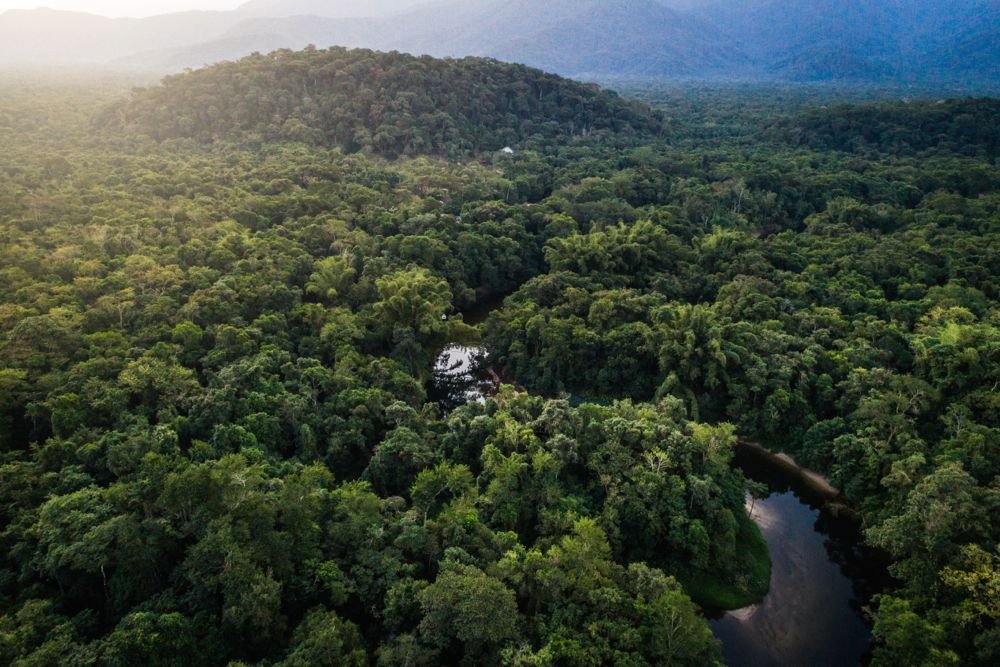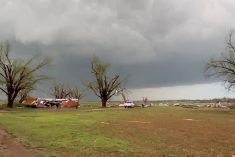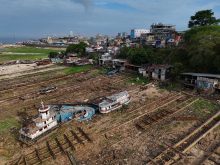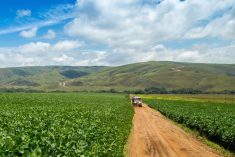Rio de Janeiro/Brasilia | Reuters — New Brazilian President Jair Bolsonaro issued an executive order on Wednesday making the agriculture ministry responsible for deciding on lands claimed by indigenous peoples, in a victory for agribusiness that will likely enrage environmentalists.
The temporary decree, which will expire unless it is ratified within 120 days by Congress, strips power over land claim decisions from indigenous affairs agency FUNAI.
It says the agriculture ministry will now be responsible for “identification, delimitation, demarcation and registration of lands traditionally occupied by indigenous people.”
Read Also
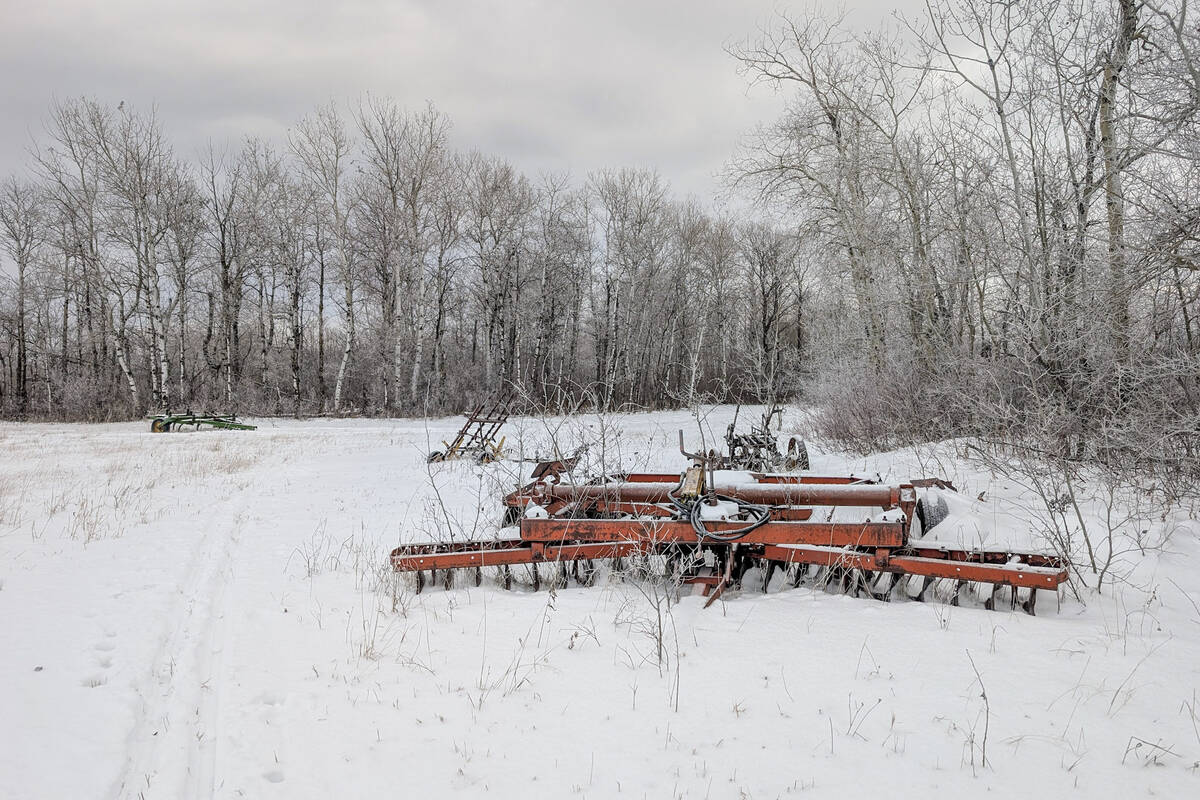
Prairie forecast: Cold weather settles in after snowy start
As the weather models were indicating as early as last week, we are now seeing a clear shift in our weather pattern from unseasonably warm and dry to more seasonable cold. This comes with a snowy start and additional chances for snow over the next week or two.
The move stoked concern among environmentalists and rights groups that the far-right new president, who took office on Tuesday, will open up the vast Amazon rainforest and other ecologically sensitive areas of Brazil to greater commercial exploitation.
The executive order also moves the Brazilian Forestry Service, which promotes the sustainable use of forests and is currently linked to the environment ministry, under agriculture ministry control.
Additionally, the decree states that the agriculture ministry will be in charge of the management of public forests.
Bolsonaro, who enjoys strong support from Brazil’s powerful agribusiness sector, said during his campaign he was considering such a move, arguing that protected lands should be opened to commercial activities.
Brazil’s 900,000 indigenous people make up less than one per cent of the population, but live on lands that stretch for 264 million acres, or 12.5 per cent of the national territory.
“Less than a million people live in these isolated places in Brazil, where they are exploited and manipulated by NGOs,” Bolsonaro tweeted, referring to non-profit groups. “Let us together integrate these citizens and value all Brazilians.”
Critics say Bolsonaro’s plan to open indigenous reservations to commercial activity will destroy native cultures and languages by integrating the tribes into Brazilian society.
Environmentalists say the native peoples are the last custodians of the Amazon, which is the world’s largest rainforest and is vital for climate stability.
After she was sworn in on Wednesday, new Agriculture Minister Tereza Cristina Dias defended the farm sector from accusations it has grown at the expense of the environment, adding that the strength of Brazil’s farmers had generated “unfounded accusations” from unnamed international groups.
Dias used to be the head of the farm caucus in Brazil’s Congress, which has long pushed for an end to land measures that it argues hold back the agricultural sector.
“Brazil is a country with extremely advanced environmental legislation and is more than able to preserve its native forests,” Dias said. “Our country is a model to be followed, never a transgressor to be punished.”
In comments to reporters after her speech, she said that decisions over land rights disputes were a new responsibility for the agriculture ministry. However, she indicated that in practice, the demarcation of land limits would fall to a council of ministries, without giving further details.
Good news for farmers
Bartolomeu Braz, the president of the national chapter of Aprosoja, a major grain growers association, cheered Wednesday’s move to transfer indigenous land demarcation to the Agriculture Ministry.
“The new rules will be interesting to the farmers and the Indians, some of whom are already producing soybeans. The Indians want to be productive too,” he added.
Three-time presidential candidate and former environment minister Marina Silva, who was beaten by Bolsonaro in October’s election, reacted with horror to the move.
“Bolsonaro has begun his government in the worst possible way,” she wrote on Twitter.
Dinama Tuxa, a member of Brazil’s Association of Indigenous Peoples, said many isolated communities viewed Bolsonaro’s administration with fear.
“We are very afraid because Bolsonaro is attacking indigenous policies, rolling back environmental protections, authorizing the invasion of indigenous territories and endorsing violence against indigenous peoples,” said Tuxa.
Under the new plan, FUNAI will be moved into a new ministry for family, women and human rights.
A former army captain and longtime member of Congress, Bolsonaro said at his inauguration on Tuesday that he had freed the country from “socialism and political correctness.”
An admirer of Donald Trump, Bolsonaro has suggested he will follow the U.S. president’s lead and pull out of the Paris climate change accord.
In addition to the indigenous lands decree, the new administration issued decrees affecting the economy and society on Wednesday, while forging closer ties with the United States.
— Reporting for Reuters by Stefani Inouye, Carolina Mandl, Anthony Boadle, Ana Mano and Gabriel Stargardter.



